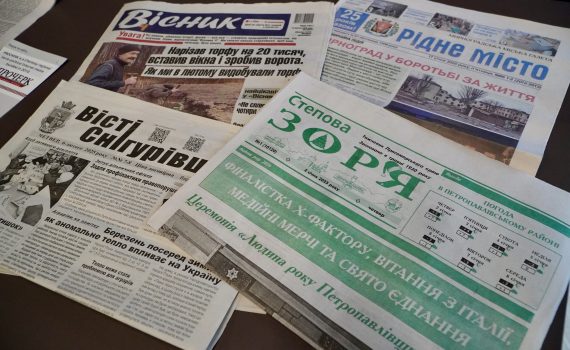Local second-hand exchange platforms are struggling to show impact
- 2012-08-15
Second-hand exchange shops are somewhat of an enigma in Hong Kong. They have been around for years, but few people are aware of their existence or benefits
The shops are believed to be treasure troves of unwanted items. By saying "unwanted", it does not mean the products are used, rather it is only transferring the ownership from one to another. A variety of goods, including books, branded handbags, watches, clothes, accessories and furnitures, are provided for customers.
Local shops make profits by earning commissions, usually charging around 10 per cent of the price of each successfully exchanged item. The shops, in a way, help "recycle" unwanted items to save them, at least temporarily, from ending up in landfills.
Despite the shops' apparent benefits and popularity in other places, second-hand exchange shops in Hong Kong have failed to gain much attention. They have proved unconvincing to the more affluent Hong Kongers nowadays, especially the differences in green philosophy. Locals are only used to recycling plastic, canned goods or used paper, but the choices of products are far more than these.
The Book Attic, an English-language second-hand bookshop, is one of the many shops that is struggling to find its feet. It has been in deficit for three out of four years of its business.
"I have to work part-time in the morning to support the bookstore," says Miss Jennifer Li Sui-wan, the owner and the only member of the store.
Initially located at Amoy Street, Wan Chai, The Book Attic moved to a cockloft in Central last year because of a cheaper rent, albeit less accessibility to visitors.
According to Li, business is tough as many people are unwilling to buy second-hand items. To make matters worse, out of the few that do visit the shop, most are within the window-shopping category.
"Books are my best friends," says the manager, who owes her perseverance in running the bookstore to her joy of reading. "I hope it (the bookstore) will survive."
To facilitate second-hand exchange in the territory, the Environmental Protection Department (EPD) of Hong Kong government has set up Hong Kong Second-hand Exchange (HKSE) website, a free online exchange platform in hope of spreading the culture.
"What we do is to match potential buyers with sellers," says Mr Sam Wong, web-administrator of Waste Reduction Website of EPD. "We do not interfere with the dealing process."
Ms Katy Wong, who has posted as many as 551 items on HKSE, takes advantage of the platform to advertise and attract customers to her own second-hand shop, Haha Siu (Happy Laughter).
Apart from posting pictures and descriptions of the exchange items on HKSE, Ms Wong has a warehouse in Tai Kok Tsui where customers can check the products before paying. Her efforts, however, have not paid off well.
Even without the government's assistance in promotion, just simply search on the Web, one can easily gain access to online second-hand exchange websites. "2-hand" is one of the popular sites that is home to more than 100,000 members and more than 100 businesses are done every day.
But compared to Hong Kong's seven million population, the trend of second-hand products still leaves a lot to be desired. Plus, with the territory being deemed "Shopping Paradise", it is hard to convince people to purchase "unwanted goods".
Perhaps the idea of exchanging unwanted stuff instead of tossing it in the bin is too much of a hassle. It remains to be seen whether the industry is able to reinvent itself or continue its struggle to stay relevant.
Reported by Song Cheng
《The Young Reporter》
The Young Reporter (TYR) started as a newspaper in 1969. Today, it is published across multiple media platforms and updated constantly to bring the latest news and analyses to its readers.

Life in the shadows

War stories no longer told




Comments